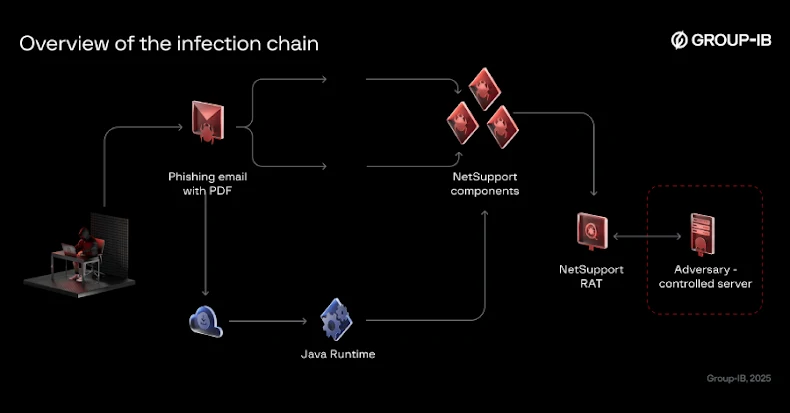Google has issued an urgent security update for its Chrome browser to address a critical vulnerability that could allow attackers to crash the browser or execute arbitrary code on affected systems. This high-severity flaw, identified as CVE-2025-9132, resides in Chrome’s V8 JavaScript engine and was discovered by Google’s automated vulnerability detection system, Big Sleep, on August 4, 2025.
Understanding CVE-2025-9132: An Out-of-Bounds Write Vulnerability
The vulnerability stems from an out-of-bounds write condition in Chrome’s V8 JavaScript engine, which is responsible for executing JavaScript code in web pages. This type of memory corruption flaw is particularly dangerous as it allows attackers to write data beyond the allocated memory buffer boundaries, potentially overwriting critical system memory areas.
Out-of-bounds write vulnerabilities in JavaScript engines are especially concerning because they can be triggered remotely through malicious web content. When successfully exploited, CVE-2025-9132 could enable threat actors to achieve remote code execution (RCE) on victim machines, bypass security sandboxes, or cause denial-of-service (DoS) conditions by crashing the browser process.
Affected Versions and Platforms
The vulnerability affects Chrome’s stable channel versions before 139.0.7258.138 for Windows and macOS, and 139.0.7258.138 for Linux systems. Google’s security team has classified this as a high-severity issue, indicating significant potential impact if left unpatched.
Risk Factors and Impact
– Affected Products:
– Google Chrome versions prior to 139.0.7258.138 on Windows and macOS
– Google Chrome versions prior to 139.0.7258.138 on Linux
– All platforms utilizing Chrome’s V8 JavaScript engine
– Impact:
– Remote Code Execution (RCE)
– Browser crash leading to Denial of Service (DoS)
– Exploit Prerequisites:
– Victim visits a malicious website
– JavaScript execution enabled in the browser
– Specially crafted web content targeting the V8 engine
– Severity: High
Immediate Action Required: Update Now
Google began rolling out the security patch on August 19, 2025, through Chrome version 139.0.7258.138/.139. The update deployment follows Google’s standard gradual rollout process, reaching all users over the coming days and weeks to ensure system stability.
Users should immediately check their Chrome version by navigating to `chrome://settings/help` in their browser’s address bar. The browser will automatically check for and install available updates.
System administrators in enterprise environments should prioritize deploying this update through their managed update channels to prevent potential exploitation.
Responsible Disclosure and Proactive Detection
Google has implemented responsible disclosure practices by restricting access to detailed vulnerability information until the majority of users receive the security fix. This approach prevents malicious actors from developing exploits while legitimate users remain vulnerable.
The proactive detection of this vulnerability through Google’s Big Sleep automated system showcases the evolving landscape of vulnerability research, where AI-powered tools are becoming essential for identifying complex memory corruption issues before malicious actors can weaponize them.



